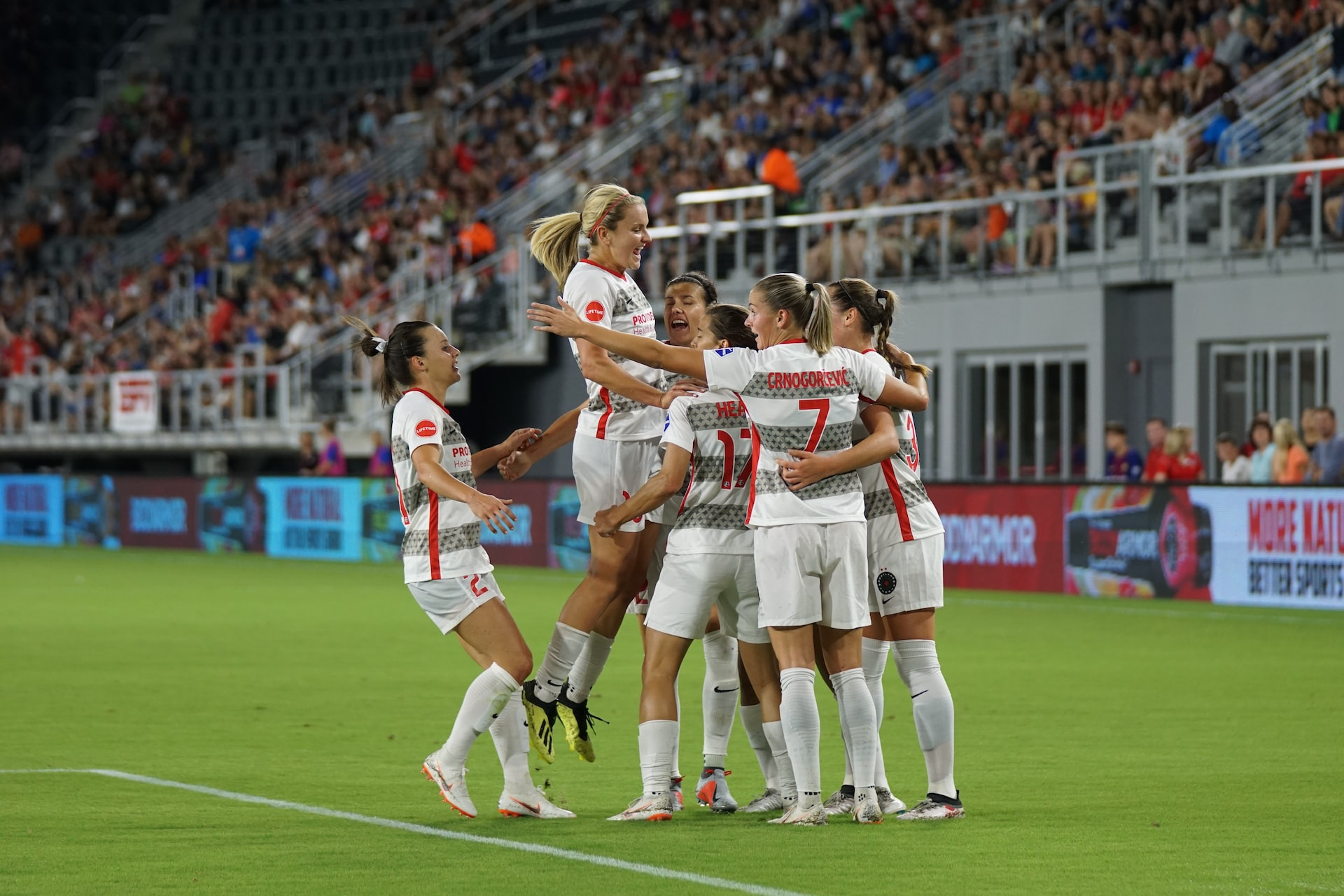Ahead of the England Women’s Football team taking on the USA at Wembley tonight (7 October) in a sold out match, Professor Glen Davison from Kent’s School of Sport and Exercise Sciences discusses how more research is needed to ensure future successes in women’s sport, and a truly level playing field. He said:
‘While the English women’s team finally bringing football home this summer was a cause for celebration, it also gave women’s sport in general a much needed and deserved platform. Players, pundits and celebrities used the momentum behind the success to call on the Government to do more to encourage girls into sport – a key step in securing the future of women’s sport.
‘However, as well as encouraging more girls in sport, those working in sport and exercise sciences have a role to play. While much research has been carried out to improve athletes’ health, rehabilitation and performance, most of the research has been (historically) on men and one area is strikingly absent – women’s health and specifically the impact of the menstrual cycle.
‘Just recently Dina Asher-Smith, a Kent honorary graduate, had to pull out of her European Championship final because of period cramps. Her comments around the need for more funding and research in this area were important not just for the hope that funding will materialise, but also for breaking the taboo around the topic.
‘The good news is there is quite a lot of research going on in this area both nationally and internationally. We have some real experts around the globe really intensifying research efforts in these areas and at Kent we have many researchers that are actively aiming to ensure balance (and the inclusion of females) in their research on (for example) sporting performance. For example, most of the current PhD/research students conducting ‘performance-related’ research under my supervision are recruiting both males and females and making sure that we employ methods to accurately track the menstrual cycle in females so that this can be factored into analysis of the results.
‘However, although there is much more recognition of this in general, and some world-leading experts on this very topic here in the UK, it is still unfortunately common for some research to be exclusively conducted on males, so it remains vital that the industry continues to address the lack of female participants and representation in sports science research so that this it becomes the ‘norm’.
‘It may one day be possible to fully personalise training for individual women, based on menstrual cycle and/or other factors, but if this to be possible we need much more research to be done. Hopefully, the recent advances in women’s sport – in terms of achievements and recognition – as well as efforts to break the taboo and get more women into research will help achieve this.’

